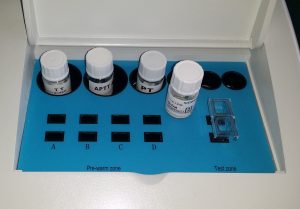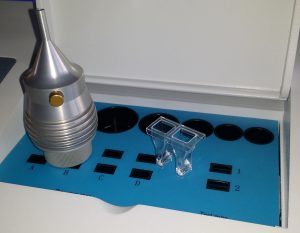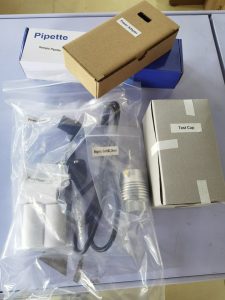Introduction of portable lab equipment coagulation
Coagulometers are important medical devices that assist healthcare professionals in the diagnosis and treatment of various conditions related to clotting and bleeding in patients. These devices measure the time it takes for a blood sample to clot, helping doctors determine the underlying causes of abnormal clotting or bleeding disorders.

One of the main applications of coagulometers is in monitoring the effectiveness of anticoagulant therapy, which is commonly used to prevent blood clots in individuals at risk of developing deep vein thrombosis, stroke, or pulmonary embolism. Coagulometers can measure the level of anticoagulants in a patient’s blood and help doctors adjust dosage and frequency accordingly to ensure the desired therapeutic effect is achieved.

Coagulometers are also useful in diagnosing bleeding disorders such as hemophilia, von Willebrand disease, and other inherited and acquired bleeding disorders. By measuring the clotting time of a patient’s blood, healthcare providers can determine the underlying cause of abnormal bleeding and develop an appropriate treatment plan, often involving clotting factor replacement therapy.

Moreover, coagulometers are used in surgery to assess a patient’s risk of excessive bleeding during or after a procedure. By analyzing pre-operative blood samples, coagulometer results can help determine the likelihood of excessive bleeding and the appropriate prophylactic measures that need to be taken to prevent it.

In summary, coagulometers play a vital role in the diagnosis and treatment of various bleeding and clotting disorders. They provide critical information to healthcare professionals, enabling them to develop appropriate treatment plans, monitor the effectiveness of therapy, and ensure optimal patient outcomes.

